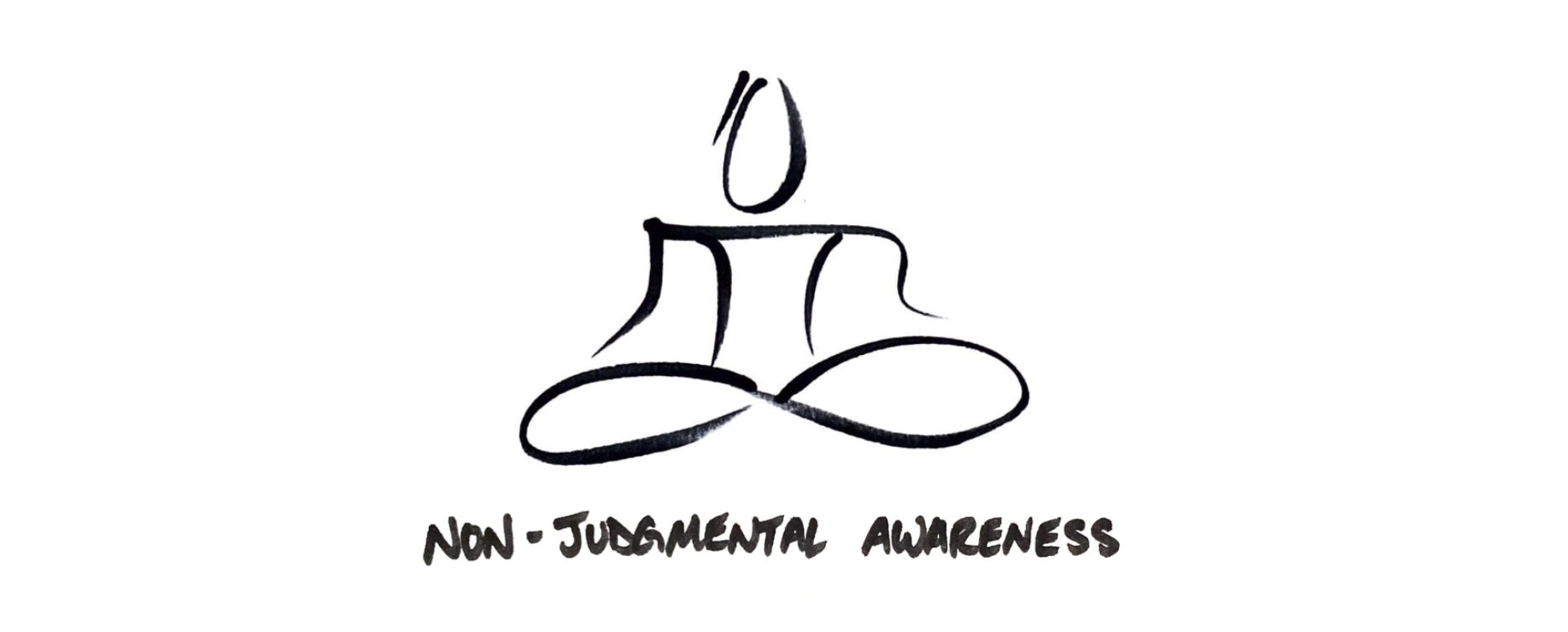Every Shift Has Its Frustrations. Here’s 1 Simple Trick to Roll With the Punches.
This an exercise to help reframe our state of mind when frustrating events occur. It is meant to be used whenever we find ourselves feeling irritated or judgmental, with the goal to transition to a more calm and graceful state of mind, and redirect our focus and efforts to where we can make an impact. As cheesy as it might sound, I’ve given it a try a few times on shift, and I’ve found it surprisingly helpful. I’ve found I not only feel better, but oddly enough, also more productive. This practice is called “Nonjudgemental Awareness.”
The whole idea is this: As you are going about your shift, you practice learning to accept the moment you’re in without making judgments. For example, you don’t think, “Oh, that patient is only here because they want narcotics” or “That off-service resident has no idea what they are doing” or “What a dumb reason to come into the ER, that’s definitely not an emergency.”
Instead, try this: Accept the situation without judgement, identify what we can and cannot control, and take action on the things we can change. We can’t control that this patient is here, we can only handle the situation as best as possible and move forward to the next patient. We can’t change the knowledge, speed, or skill of another provider, but we can show them what we know and offer ways for them to improve.
The book "The Almanack of Naval Ravikant" provides a lot of insight on this topic. This paragraph is taken directly from the book: “If I saw a guy with a bad hair day, I would first think, “Haha, he has a bad hair day.” Well, why am I laughing at him to make me feel better about myself? And why am I trying to make me feel better about my own hair? Because I’m losing my hair, and I’m afraid it’s going to go away. What I find is 90 percent of thoughts I have are fear-based. The other 10 percent may be desire-based.”
Next shift, try approaching a frustrating patient or situation with this in mind. Chances are, we’ll not only feel better, but actually be more effective. Redirecting our efforts into things we can change not only improves our mood, but by definition, also directly improves our productivity. As time goes on, the little things start to bother us less, and we can put more of our effort into making an impact where our effort counts. Of course, this is a lot easier said than done (and there are so many times where I forget it myself). But the more I give it a try, the better I feel.
Read more from “The Almanack of Naval Ravikant”: Link
